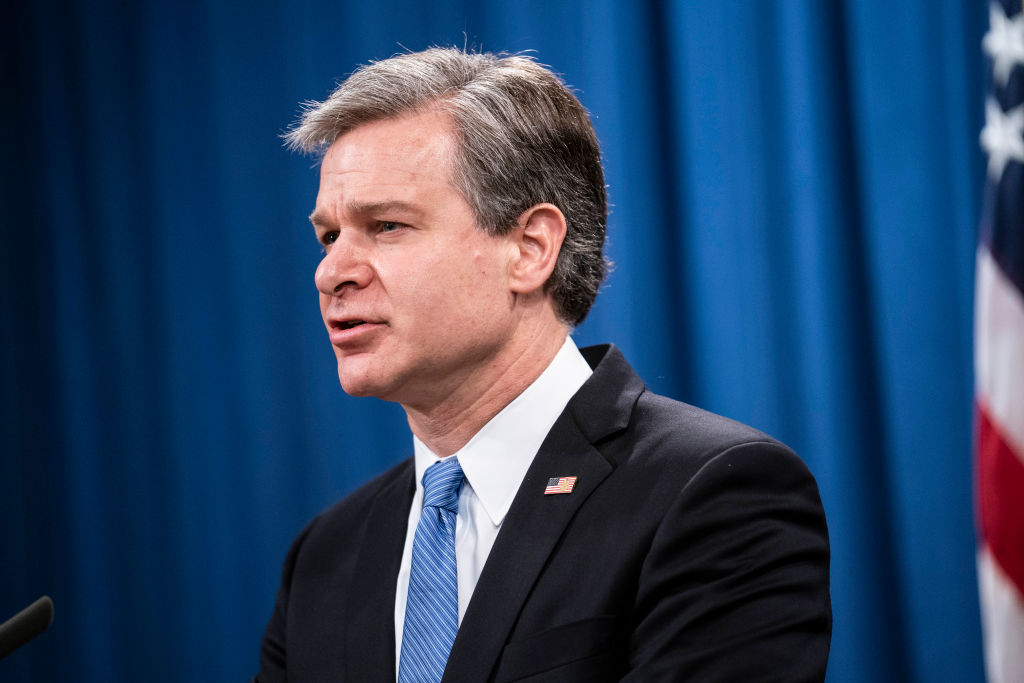Newsweek did an extensive report that linked 600 groups operating in the US to the Chinese Communist Party (CCP).
[FBI Director Christopher] Wray used a phrase common among counter-intelligence professionals: "malign foreign influence." This phrase describes the covert efforts the FBI has seen in several cases where American politicians were influenced indirectly to adopt policies the Chinese regime desires, particularly in four areas: Hong Kong, Taiwan, human rights abuses against the Uighurs, and the Chinese government's role in the Covid-19 pandemic.
That is fascinating considering that just this month, the U.S. State Department announced it would stop using that phrase.
The irony here is that those "PRC nationals" the State Department wishes not to offend are exactly the kinds of people that are employed by or connected to [Chinese Communist] entities operating in the US.
"This is the second time Chairman Meeks [D-NY] has blocked taking action against the United Front Work Department of the Chinese Communist Party, an organization which literally exists for the purpose of undermining our democracy and engaging in political warfare. It baffles me why Chairman Meeks seems to oppose any measure holding the Chinese Communist Party accountable." — Rep. Jim Banks (R-IN), National Review, September 13, 2021.

FBI director Christopher Wray has spoken openly about Chinese intelligence efforts inside the US, including activities by united front organizations, saying, "We've reached a point when the FBI opens a new case related to Chinese intelligence every 10 hours." Pictured: Wray speaks at a press conference on October 28, 2020, after US authorities arrested eight people as part of an investigation into a program called "Foxhunt," created by Chinese leader Xi Jinping. Foxhunt is China's way "to target Chinese nationals whom Xi sees as threats and who live outside of China across the world." (Photo by Sarah Silbiger/Getty Images)
China obsesses over what the world thinks of it. Its rise to rival the US as the world's greatest economic superpower includes a strong psychological element. China seeks not to be feared, but as having peaceful intentions. Looking at its use of "united front" tactics reveals how China's messaging seeks to convince gullible people in the West that Chinese interests are really their interests, too. This is one example where Chinese communism borrows "Russian characteristics," using the old Soviet tactic of "united front" groups that wittingly or not do their bidding.
Continue Reading Article
No comments:
Post a Comment